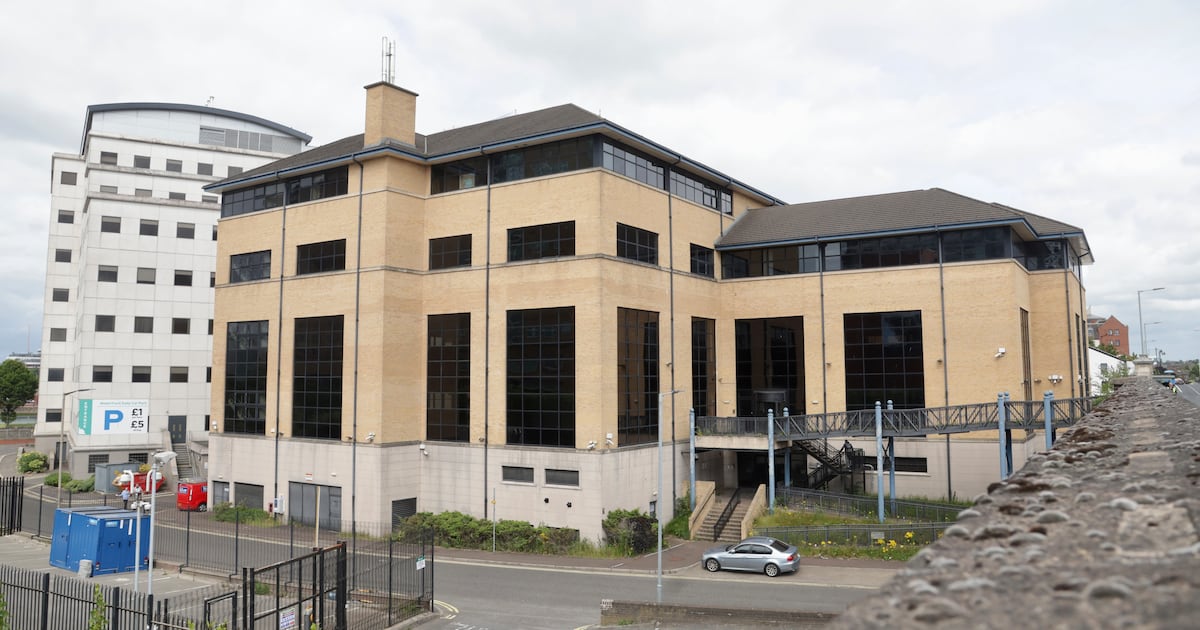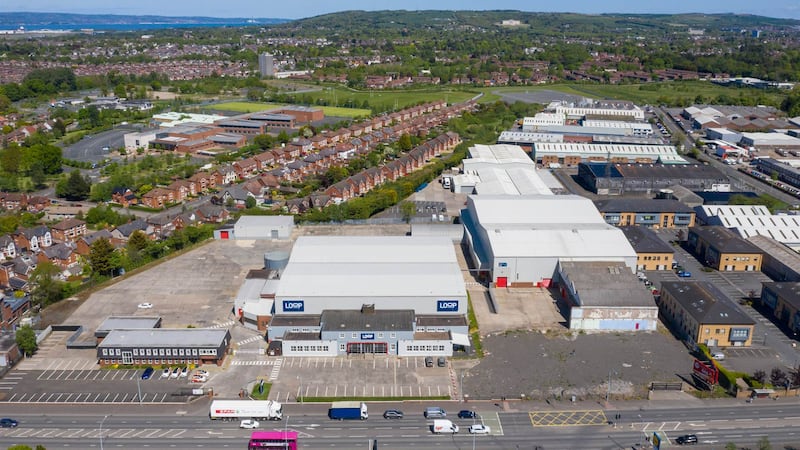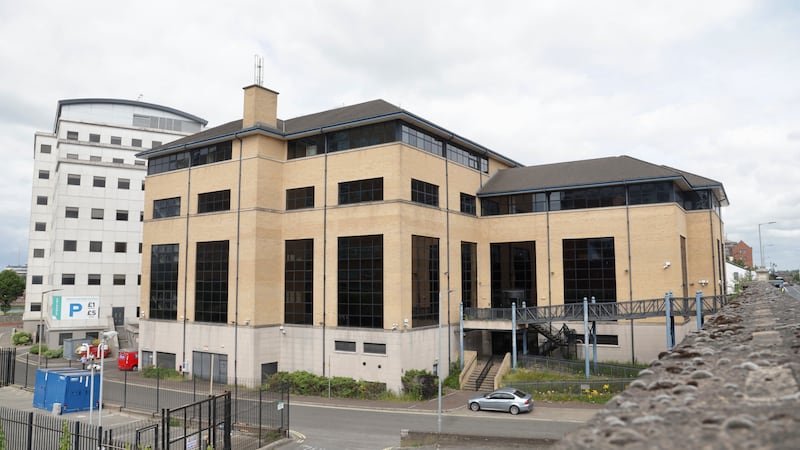Healthcare entrepreneur Dr Peter Keeling has revealed an ambitious plan to create a “pioneering” medical facility in Belfast which could ultimately ease the north’s chronic hospital beds shortage.
Earlier this year Dr Keeling, who co-founded diagnostic commercialisation company Diaceutics in 2005, bought the four-storey Santander House office building, which occupies a prominent location at Mays Meadow, adjacent to Lanyon Place train station.
And he has submitted a formal proposal to convert the former financial services hub into a “transitional care unit”, effectively a facility which assists patients as they transition from a stay in hospital to home or another level of care.
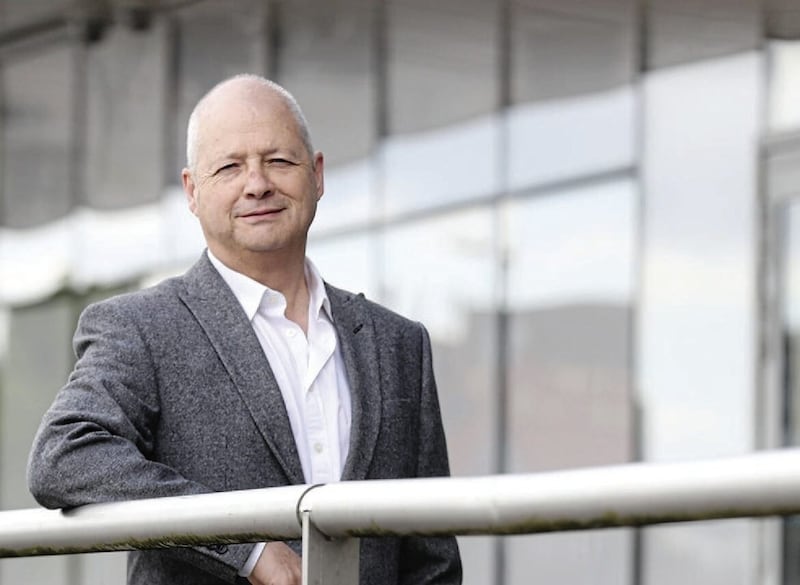 Peter Keeling, whose Lifeworks company is proposing turning the former Santander Bank in Belfast into a transitional care unit
Peter Keeling, whose Lifeworks company is proposing turning the former Santander Bank in Belfast into a transitional care unit
A formal proposal has been submitted by Lifeworks for a change of use from an office to a 60-80 bed transitional care unit (TCU), associated ancillary facilities including consulting rooms, physiotherapy, laboratories and offices; minor external alterations; and all other associated site and access works.
Currently it is understood that around 500 hospital beds across all of the north’s health trusts are occupied by patients who are deemed medically fit for discharge.
A TCU is designed to care for people who are waiting to return to the community, but do not require acute care in a hospital.
The planning application has been submitted on behalf of Dr Keeling and former South African professional cricketer Morne Strydom, founder and managing director of property investment and development company 1Lifeprojects, which has an address at Clare Road in Gilford, Co. Armagh.
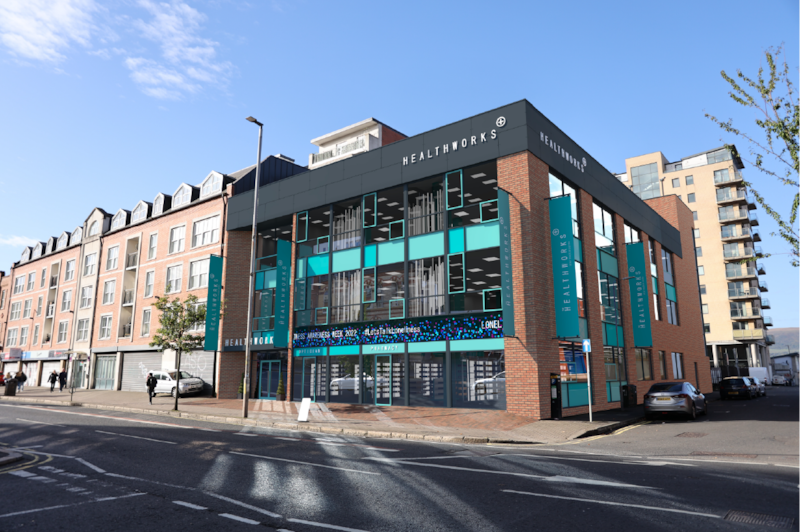 Artist’s image of how the new Healthworks facility in Belfast’s Great Victoria Street will look
Artist’s image of how the new Healthworks facility in Belfast’s Great Victoria Street will look
Dr Keeling (65) told the Irish News: “We need creative alternatives to introduce a new level of private enterprise into the health sector, and there is currently no such model as this in Northern Ireland.
“It’s startling that so many beds in our hospitals are clogged up with medically fit people who need an interim step-down facility into a safe area which is capable of providing the necessary medical care and support to help patients safely and effectively transition to their next phase of recovery or care.
“This won’t be an overnight solution to the existing issues in the health service, but it’s a credible start.”
He said work has already begun on internally stripping out Santander House ahead of it potentially being given the green light for the TCU, and it would represent an investment of around £10 million by Lifeworks.
“The fabric of the building is absolutely sound, and significantly it has 57 underground car parking spaces, which is a huge plus if we ultimately get permission to proceed.”
It is envisaged a professional operator would brought in to run the TCU, and it is likely the payment model would be a hybrid of contributions from the health trusts, private insurance, and patient top-up, though Dr Keeling insists that’s something for further down the line.
Since standing down as chief executive of Diaceutics in January 2024 after 18 years at the helm, Dr Keeling has been identifying mainly former office buildings in inner-city Belfast which could be converted into viable alternatives in healthcare.
He is currently one of the directors of the ground-breaking 23,000 sq ft Healthworks multi-use health facility in Great Victoria Street, which is aimed at filling critical service gaps and revolutionising healthcare in the city.
A sister facility to Dataworks at Kings Hall Life Sciences Park, the O’Connor McCann (OCMC) facility is set to become a high-specification hub designed to meet the requirements of a range of occupiers, including GP, specialist occupational health and pharmacy services.
